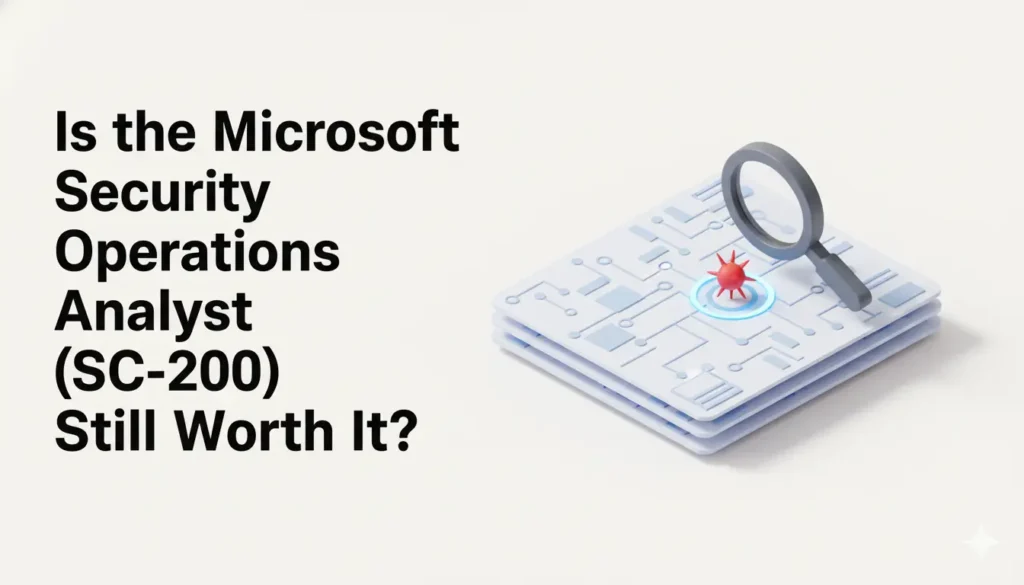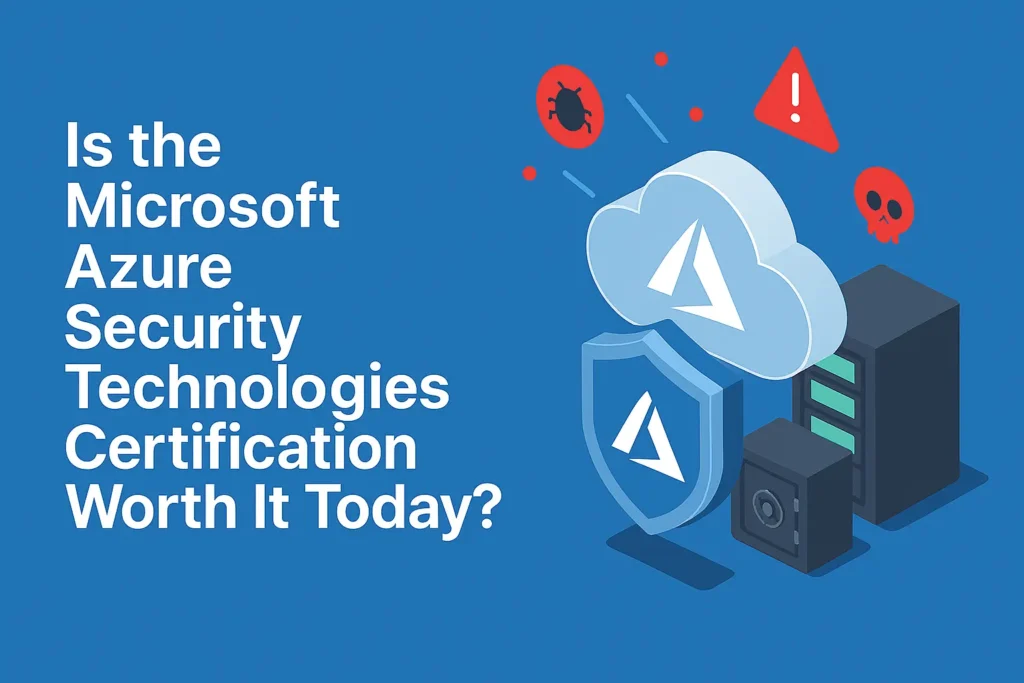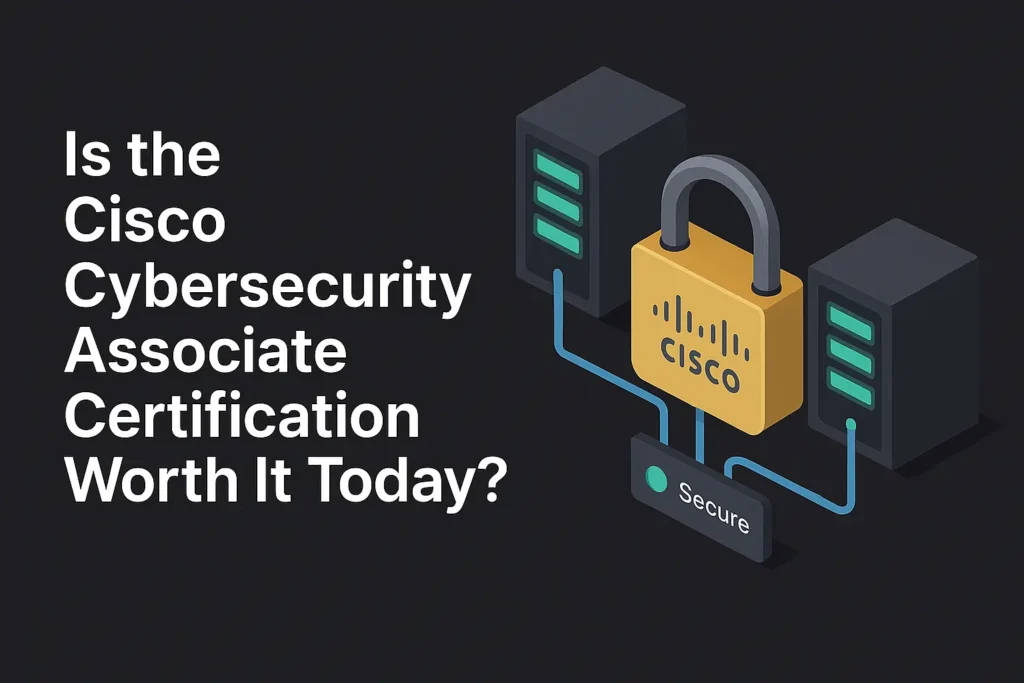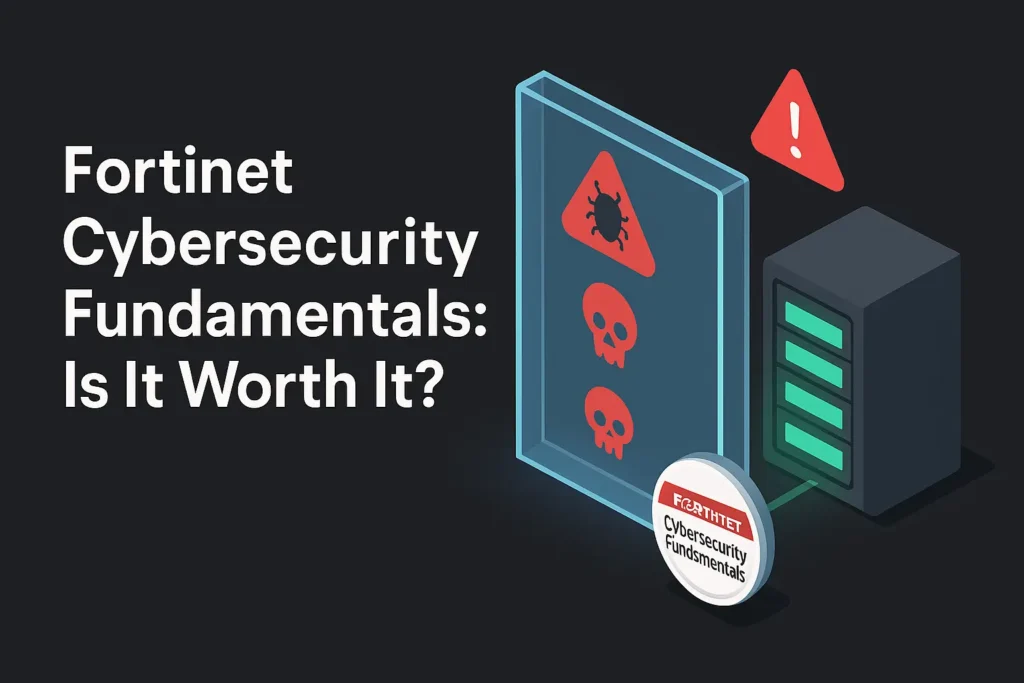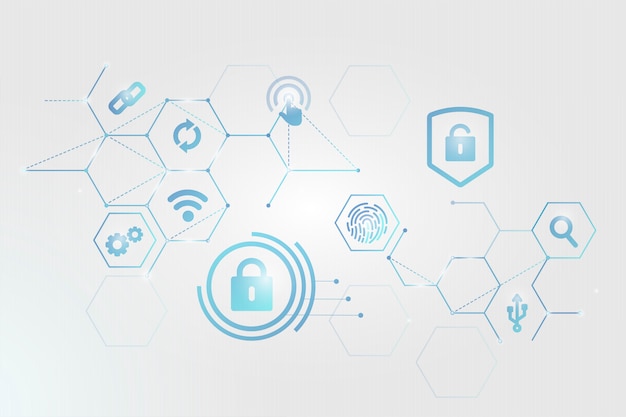That opens up room for the most commonly surfacing question, especially from new entrants into the profession or even considering a change in career: how long it takes to get certified in cybersecurity. How long would the take to attain cybersecurity certification? This time will mostly depend on the background from which you are coming, the kind of certification you want to have, and the amount of time that you can commit to studying the field. Below, we break down the amount of time generally accepted to take in order to receive cybersecurity certification and how long it may take a beginner to learn the craft of cybersecurity.
How much time does it take to get certified in this cybersecurity field?
The major time element depends on the initial base, as well as on the kind of certification that one is reading for, but other factors that might govern its length include the following:
- Level and Complexity of Certification
Many certifications are at various levels of complexity and require differing positions along the preparation timeline. For example:
• Entry-Level Certifications: Certifications found under this category include CompTIA Security+ and Certified Ethical Hacker, or CEH. These are relatively entry-level certifications in cybersecurity. In most cases, you’ll need about 2 to 6 months if you are studying part-time to prepare for these exams. Really, these are foundational knowledge kinds of certifications, which are designed to give a solid base for further learning.
• Professional Level Certifications: This type of certification, for instance CISSP or CISM, on average will require 6 months to a year to obtain. This level builds upon advanced prerequisite knowledge of cybersecurity principles and very often includes as a component, work experience.
• Broad-Spectrum Certifications: Certifications such as Offensive Security Certified Professional (OSCP) and Certified Information Systems Auditor (CISA) take at a minimum of one year of dedicated preparation. These certifications are intended for experienced practitioners and contain an incredibly tough practical-ability examination. - Prior Knowledge and Experience
This also aligns well with what one already knows about the concepts and terminologies associated with cybersecurity. The material will definitely be consumed faster by a practitioner who is already into IT or cybersecurity. On the contrary, if you are a novice, it may take quite some time and effort to first start developing knowledge before delving into certification-specific knowledge.
The number of hours that you can put into this study in a week is very salient. What’s more, this is to the sense that if you are in a position to study full-time, then the chances are very high that you will take a very short time to be certified compared to a person who is part-time while engaging in other activities. Time of preparation, quality of resources, and study methods are also at stake. Actually, you make study times a whole lot more efficient and effective just with comprehensive guides to study from, practice exams, and access to hands-on labs.
How Long Does It Take to Learn Cybersecurity for Beginners?
Learning cybersecurity goes for beginners in steps. To learn this domain, it will take different times according to a variety of factors. So here it goes:
- Basic Understanding
At the basic level of the starting cybersecurity professional, he should understand the issues of network security, principles of threat management, and encryption. This core foundational learning process will take several weeks to several months, depending on the development that the individual takes on and previous technical knowledge. Then you will likely get the opportunity to familiarize yourself with many important tools and terms that are in heavy use in the industry. - Structured Learning Path
Many of them end up with standardized learning paths through online courses or boot camps. Other programs run anywhere from weeks to months in order to present a broad outline of the field of cybersecurity, like the average online introductory class, which would span about 8 to 12 weeks. It could deep dive into the fundamentals, sometimes even with hands-on labs and exercises. - Hands-On Practice
Cybersecurity is a field where hands-on experience is really important. As one moved from fundamental knowledge to the level of mastery, practical experience—exposure to laboratories, simulations, and real-life situations—must be increasingly enhanced. Mastery can take extra time, since the application of theoretical knowledge practically to missions sets in during the next phase. This section may further length the whole learning process in terms of the timeline, but it’s the most crucial that brings about certification and practical application. - Create an Expert Knowledge
At the point of about 6months -1 year in, you should have a strong expert knowledge, which now is building your confidence in this new skill. This is the right time for in-depth study and practice, and experience can be picked up along with the process of practice or by means of internships and projects. But, of course, that does not mean you would have to rush for your degree just to get over with the exams; the essence is truly to learn and understand these concepts so you can put them into application.
Tips for Accelerating Your Certification Process
- Set a Study Schedule: Implement an advanced study plan that includes the planning of how, when, and where the study will be carried out. A systematic approach really curbs doing things in a haphazard way, and in fact, makes it easier to keep track of the course forward.
- Use Good Resources: Get some very good quality study materials—in books, online courses, or practice exams. Quality resources will intensify your learning curve and enable you to get a detailed understanding of complex topics in a simple manner.
- Join Study Groups: This is one feature that allows you to get additional support and motivation. Learn from others, share resources, and challenge topics for better understanding of the material being discussed.
- Gain Practical Experience: To apply further knowledge gained, practice with the provided practical exercises, labs, and real-world scenario sets. Such an experience not only reinforces theoretical concepts but also allows you to be prepared for the practical aspects of the exams.
- Request Mentorship: Professionals can seek the mentorship of other successful professionals. They can give insights or answer questions given, imparting some career advice.
Cybersecurity studies become jazz here: they accord with the passage of time, depending on the levels of studies required to pass the certification. This denotes that in a beginner, the study of cybersecurity happens in time. It is something one acquires in steps, each following the other in a well-laid structure, coupled with applicable experience. This effectiveness, coupled with a clear plan of study on the way to certification, moves you through incrementally attainable steps on your way to skills that are indispensable for possible success in cybersecurity.

